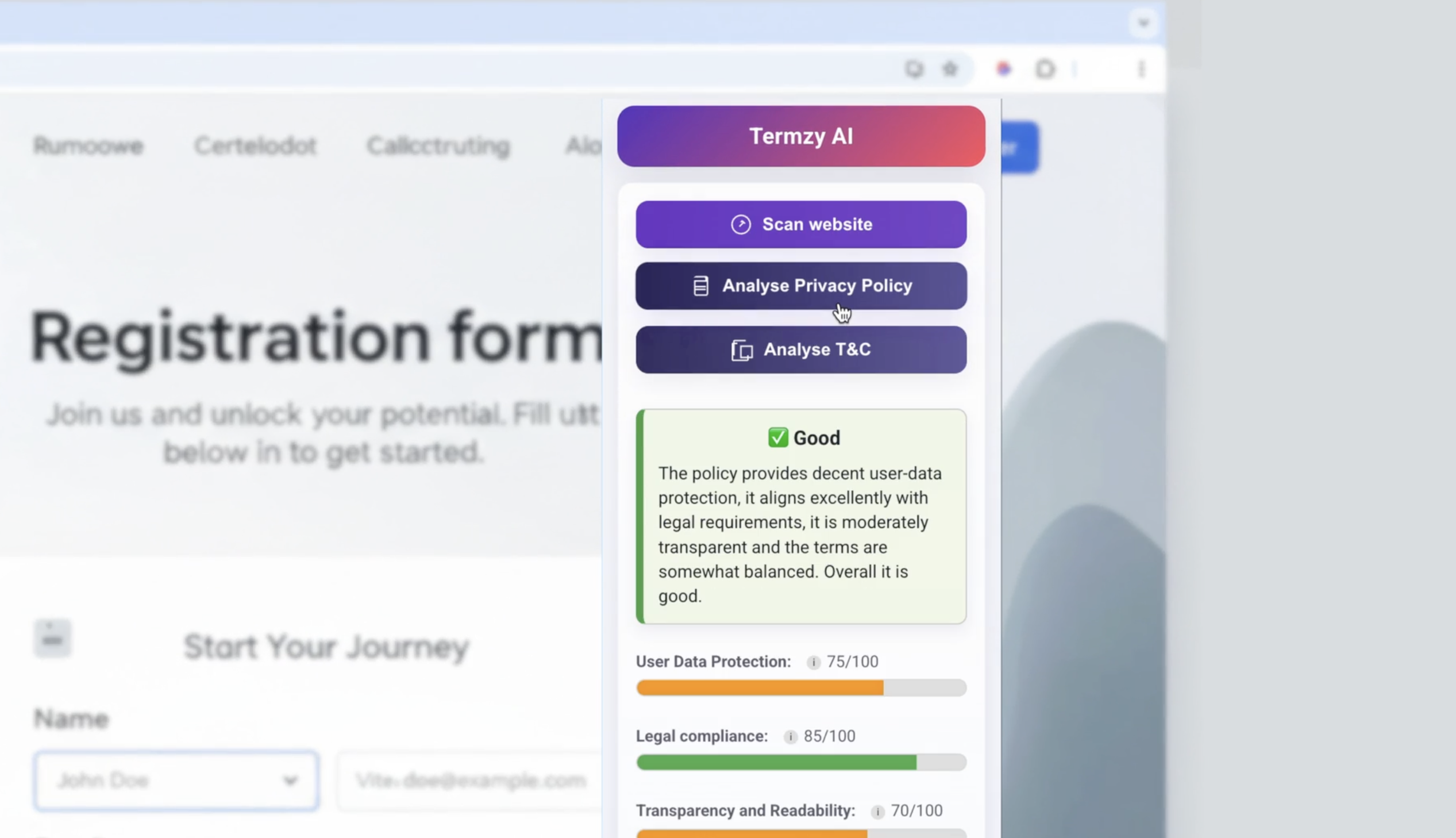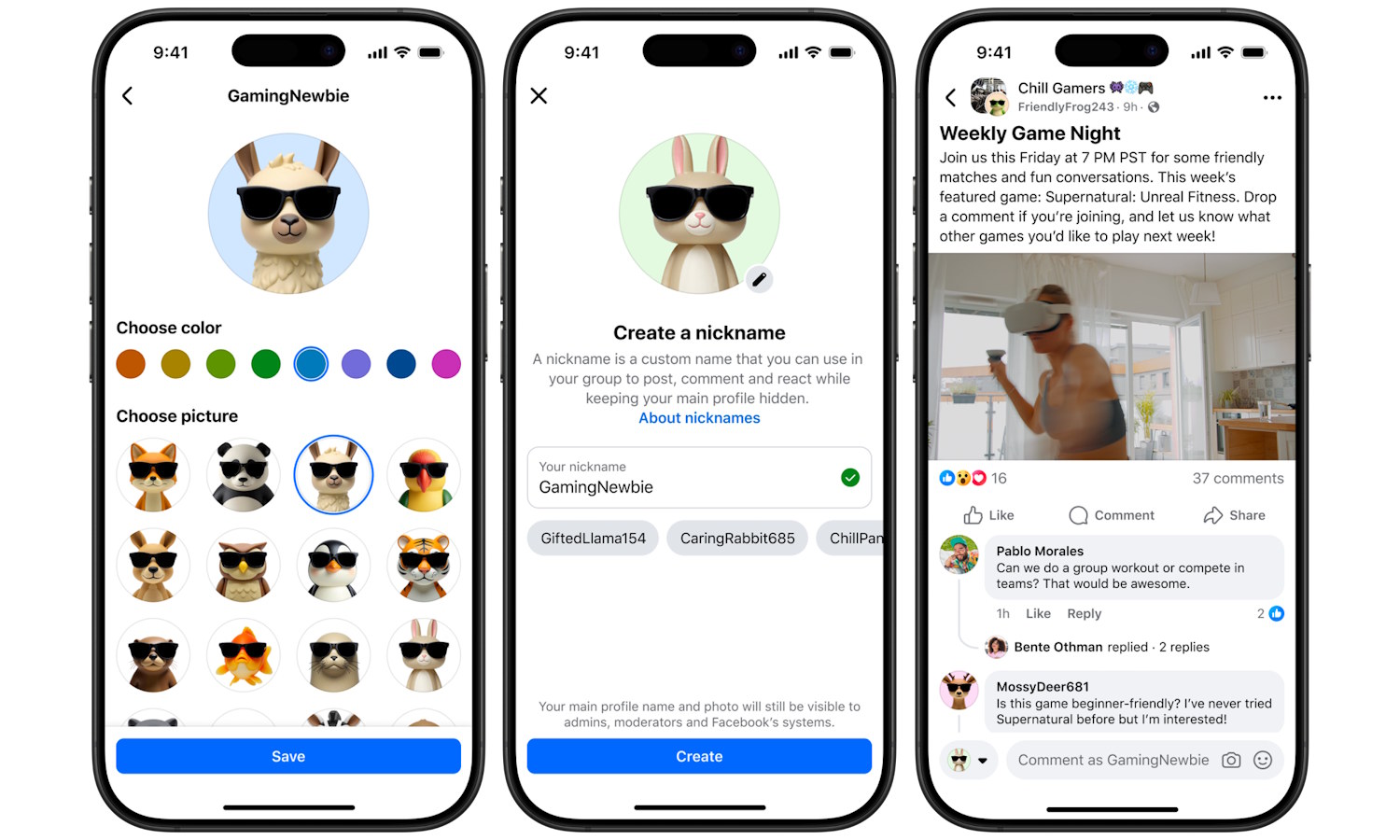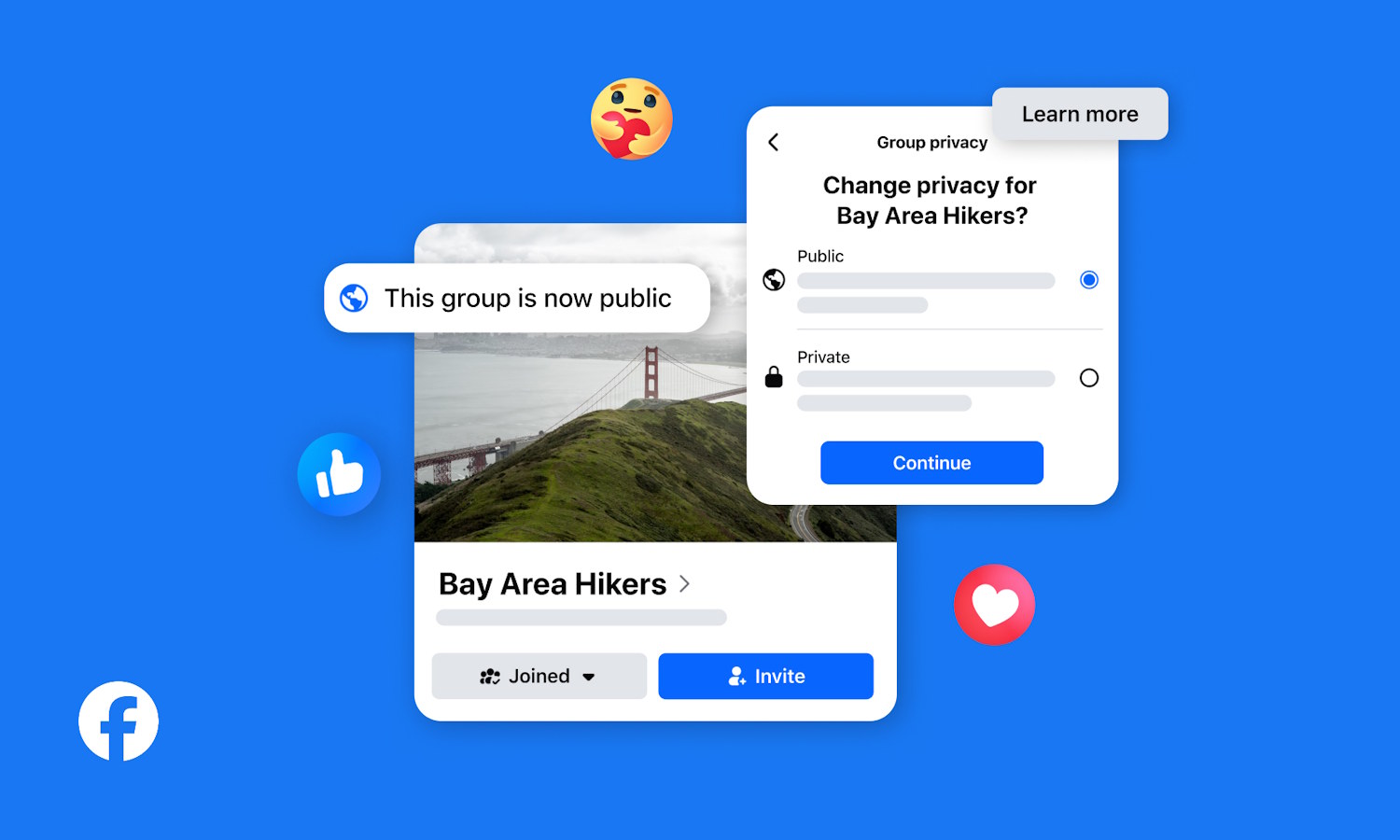
GenAI data policy violations more than doubled in 2025
Policy violations linked to GenAI applications more than doubled year-on-year, with the average organization now recording 223 GenAI-related data policy violations per month. Among the top 25 percent of organizations, this figure rises to 2,100 incidents per month.
A new report from Netskope Threat Labs also highlights the continued prevalence of shadow AI, despite growing investment in company-approved AI tools.

Why keeping old customer records could cost millions [Q&A]
The modern world thrives on data, but what happens when that data has outlived its usefulness? Legacy data can become a weak link in corporate security. These records don’t just take up space; they expand the exposure surface in a breach and can damage both finances and reputations.
We spoke with Rob Shavell, co-founder and CEO of DeleteMe, about why companies can’t afford to ignore legacy data and what they can do to address it.

Maturing ID wallets, investment for compliance and confidential AI -- privacy predictions for 2026
Privacy has been increasingly in the news over the last year with plans for government digital IDs and age verification for websites, as well as concerns about how eCommerce businesses and others use personal data.
What can we expect from the privacy landscape in 2026? Some industry experts give us their views.

AI data transparency shapes shopping behavior
A new survey of over 1,000 US consumers looks at how holiday shopping behavior is impacted by brand management of personal data in AI systems.
The study from Relyance AI suggests Americans are entering the gifting season emotionally depleted and digitally exposed, with most planning to shop online. But feeding more personal data into systems during periods of high stress and emotional depletion sets the stage for a fragile purchasing environment.

Don’t waste time reading T&Cs -- AI can do it for you
Be honest now, do you really read T&Cs, privacy policies, etc when signing up to a service? Of course you don’t, you just scroll to the bottom and click Accept, trusting that you haven’t just handed over your first born child to a social media mogul.
Step forward Termzy AI, an AI tool that can scan those pesky T&Cs for you and alert you to any problematic things lurking in there that you might be agreeing to.

ChatGPT Atlas ranks as the least private browser in new study
A new report on browser privacy places OpenAI's new ChatGPT Atlas squarely at the bottom of its rankings, citing weak protection against tracking, poor link security, and almost no effective data blocking. The study, conducted by software provider Digitain, reviewed 13 browsers and scored them across multiple privacy categories.
The report notes that the AI browser failed every state partitioning test, which means websites can track users across separate browsing sessions. Chrome also performed poorly, while more privacy focused browsers like Brave and Mullvad took the top spots.

People search sites put healthcare workers' data at risk
A new study reveals the extent to which medical professionals’ personal information is publicly available online, leaving them vulnerable to stalking and other forms of threats.
The report from data privacy and personal data removal service Incogni looks at 768 medical department heads from major US hospitals to see what personal information is publicly accessible and shows some concerning results.

Near AI's confidential computing platform lets companies run AI models securely
Near AI has introduced two privacy focused tools that let people use artificial intelligence while keeping control of their information. Near AI Cloud and Near Private Chat handle sensitive data in secure environments, giving users and developers a way to work with AI without giving up their privacy.
Illia Polosukhin, founder and CEO of Near AI, said: “Everyone should own their AI. Today Near AI is taking a major step towards the vision of user-owned AI with the launch of private, verifiable AI products.” He added, “Privacy and verifiability are required to maximize available AI context for users and businesses, with confidentiality and compliance thanks to hardware- and cryptography-based guarantees.”

No, Meta is not going to use your DMs to train AI
Every so often there are posts that do the rounds on social media that suggest terrible policy changes are coming. This is happening again, with a message claiming that Meta is going to start using the content of private DMs to train AI.
The unfounded claims are being tied to a Privacy Policy update which is due to come into force on December 16. While it is certainly true that Meta’s new policy kicks in in a couple of weeks, there are falsities being attached to it in scaremongering posts that have gone semi-viral.

Brit’s fear privacy breaches despite Online Safety Act
Although the UK's Online Safety Act has made significant strides in holding online platforms accountable for harmful content, new research reveals a concerning gap in personal cybersecurity awareness among British internet users.
The study from AstrillVPN analysed search data from Google Keyword Planner to identify the privacy concerns most frequently searched by Britons. The results show password security and anonymous browsing are currently dominating the public’s attention.

Americans fear losing control of AI more than losing their jobs, study shows
New research suggests Americans are more worried about who controls AI, and how it’s governed, rather than about losing their jobs to it. A study from Cybernews and nexos.ai tracked search interest across 2025 and found people spent far more time looking up questions about regulation, privacy and data use than employment fears, even after a year of tech layoffs.
The study looked at five types of AI concerns from January to October. Control and regulation came out on top with the highest average score. Data and privacy followed close behind. Job loss ranked last, showing that most people aren’t as focused on employment as headlines often suggest.

Orion 1.0 is a privacy focused browser for macOS, but will Apple users really leave Safari?
Kagi, a small company best known for its paid, ad free search engine, has announced the launch of version 1.0 of Orion, a new web browser designed around privacy and user control rather than advertising or data collection.
Kagi has already released iPhone and iPad versions of Orion, but this is the company's first desktop browser and arrives following a long beta phase.

Facebook introduces new nickname option when posting in Groups
Meta is giving all Facebook users the option of posting under a nickname in Facebook Groups. While the option to post anonymously already exists, the nickname option takes things a little further.
The use of a nickname still allows for a degree of anonymity, while simultaneously allowing for some expression of personality. Additionally, posting with a nickname makes it easier for other people to track things that have been posted by the same person.

Would you swap personal information for a bargain?
Ahead of Black Friday a new study shows that, while 95 percent of Americans are concerned their data could end up in a breach, 78 percent are still willing to share personal information for discounts, perks, or free shipping.
The report from Incogni, based on a study of over 1,000 US adults, finds that volunteering personal information for discounts or access to content and rewards has become so routine that few likely consider the implications before doing so.

Facebook Group admins are gaining the option to switch group visibility from private to public
If you are in a Facebook Group which is private, you might want to keep an eye on things. Meta has just announced that Group administrators will be getting a new option that will enable them to change their group from private to public.
While Meta is promoting this as a way for group admins to “grow their communities”, there will be obvious privacy concerns for people who joined particular groups precisely because they were private. Meta believes, however, that it has things in control, insisting that member privacy can be maintained even if the switch from private to public is made.
